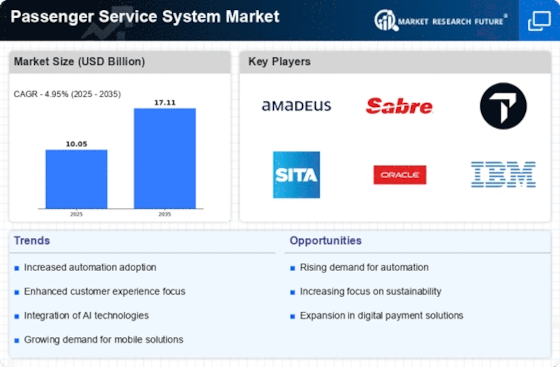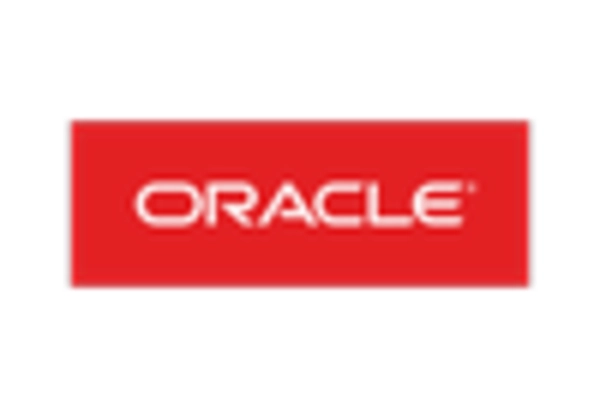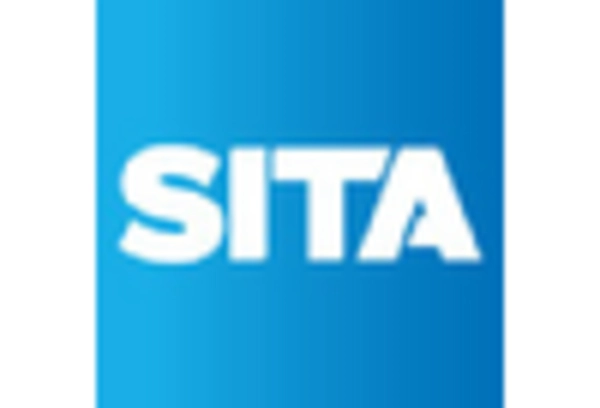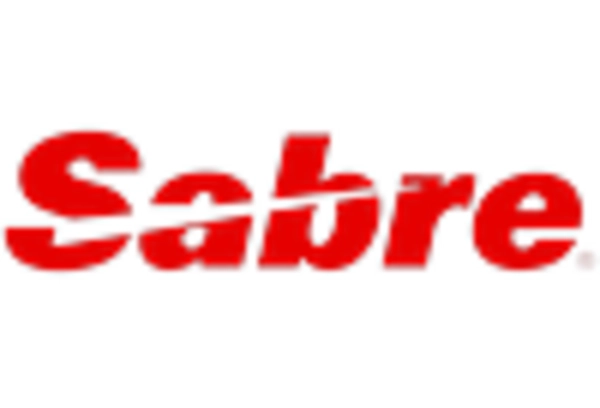Market Share
Passenger Service System Market Share Analysis
In the dynamic landscape of the Passenger Service System (PSS) market, companies employ various market share positioning strategies to gain a competitive edge and capture a substantial portion of the market. One fundamental strategy is differentiation, where PSS providers distinguish their offerings through unique features or services. This could involve introducing innovative technologies, such as artificial intelligence-driven passenger analytics or seamless integration with emerging travel platforms. By standing out in terms of functionality and user experience, companies aim to attract airlines looking for distinct and advanced PSS solutions.
Another prevalent strategy in the PSS market is cost leadership. Companies strive to provide cost-effective solutions without compromising on quality. This approach appeals to airlines that prioritize efficiency and financial prudence. Streamlining processes, optimizing resource allocation, and offering scalable solutions are common tactics to achieve cost leadership. This strategy becomes particularly relevant in markets where price sensitivity is high, prompting airlines to seek economical yet reliable PSS solutions.
Collaboration and partnerships form a strategic avenue for market positioning in the PSS domain. Companies often forge alliances with airlines, airports, or technology providers to expand their reach and offer comprehensive solutions. Strategic partnerships enable PSS providers to integrate seamlessly into the broader aviation ecosystem, providing end-to-end services that cater to the diverse needs of the industry. By collaborating with key stakeholders, PSS providers can enhance their market share and provide more value to their customers.
Market segmentation is another essential strategy in the PSS market. Recognizing the diverse needs of airlines, companies may tailor their solutions to specific segments within the industry. For instance, a PSS provider may focus on delivering specialized solutions for low-cost carriers, full-service airlines, or regional carriers. This targeted approach allows companies to address the unique challenges and requirements of different segments, enhancing their market share within specific niches.
Continuous innovation is a critical strategy for market share positioning in the PSS market. As technology evolves and customer expectations rise, PSS providers must stay at the forefront of innovation. This involves regularly updating and enhancing existing solutions, integrating the latest technologies, and adapting to emerging trends. By being perceived as industry innovators, companies can attract forward-thinking airlines and secure a larger share of the market.
Additionally, customer-centric strategies play a pivotal role in market share positioning. PSS providers that prioritize customer satisfaction and engagement are likely to build long-term partnerships with airlines. Offering responsive customer support, user-friendly interfaces, and customizable solutions tailored to specific airline needs contribute to a positive reputation in the market. Satisfied customers are more likely to recommend and continue using PSS solutions from providers that prioritize their needs, thereby influencing market share.

















Leave a Comment